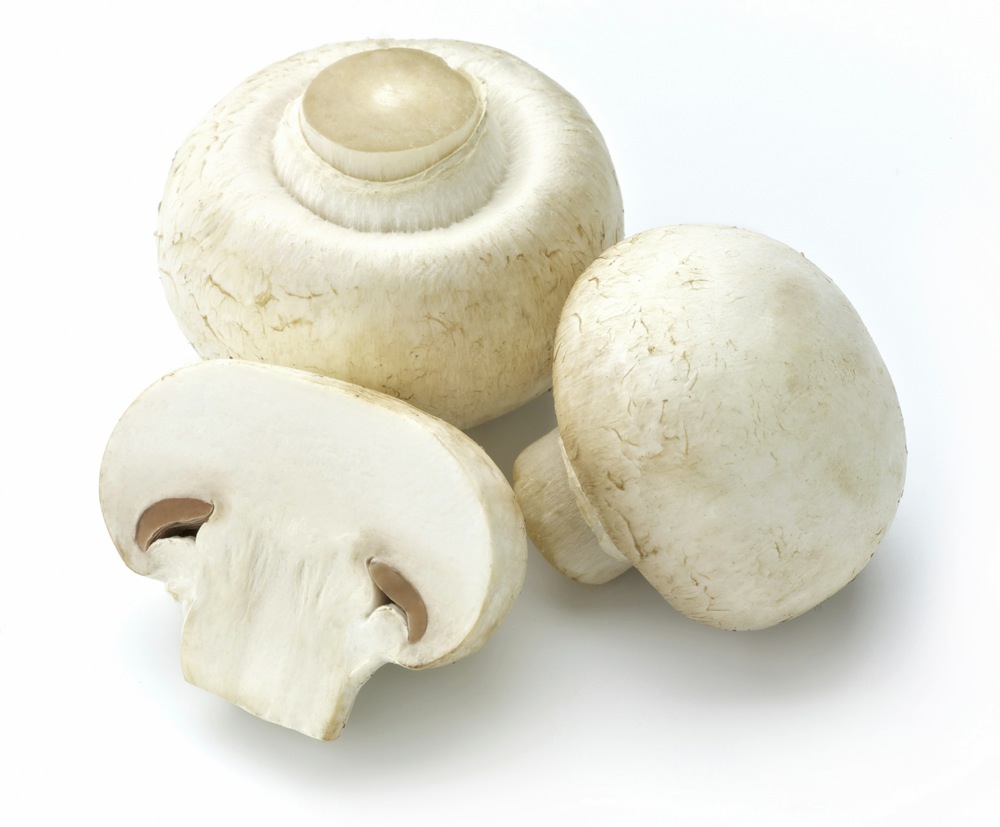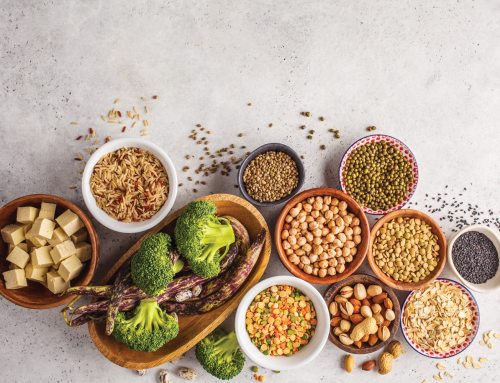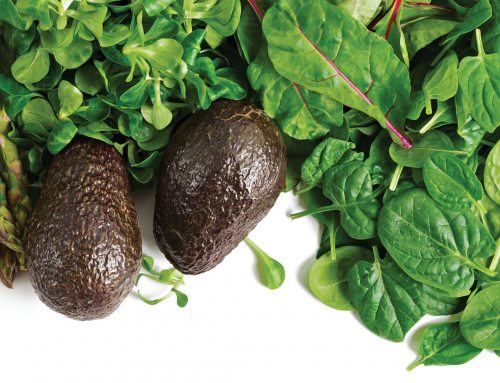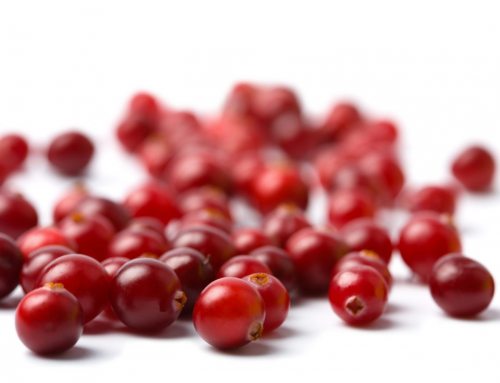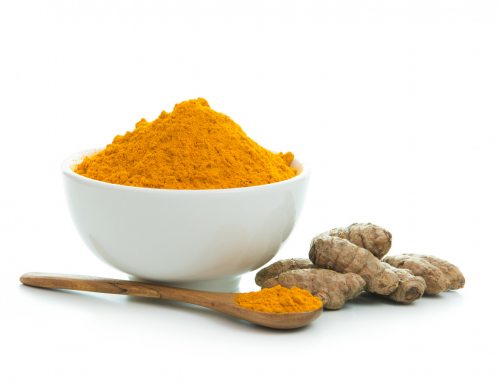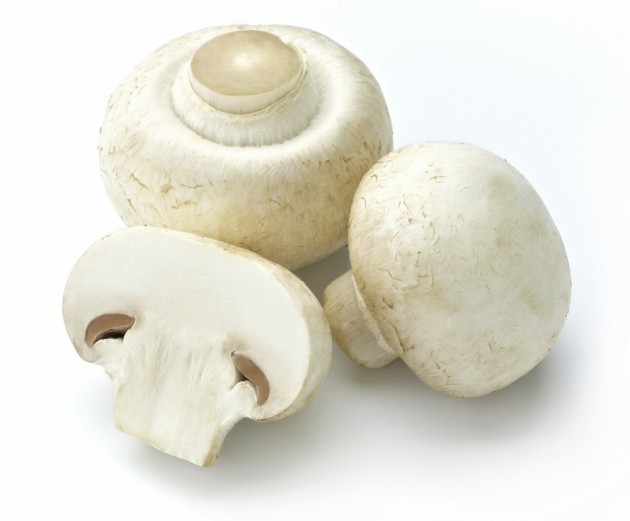
Button mushrooms, also referred to as white button mushrooms or commercial mushrooms, are the most consumed mushrooms in the United States. According to the United States Department of Agriculture, button mushrooms account for 90 percent of mushroom intake in the U.S. It’s not surprising, as they are available year-round and are used in soups, salads, casseroles or sometimes just eaten raw.
Consuming button mushrooms may help keep you free from heart disease. A major risk factor for heart disease is atherogenesis, which is the formation of plaque on arterial walls, causing atherosclerosis and hardening of the arteries. Recent studies show that consumption of button mushrooms reduces inflammation in arterial cells and prevents white blood cells from sticking to arterial walls.
Button mushrooms can also help protect the body from developing some types of cancer and in some cases, may even treat it. In June 2010, the Department of Plant Pathology at Penn State reported that button mushrooms have been found effective at treating breast, colon and prostate cancers. According to a study published in the December 2006 issue of Cancer Research, eating half a cup of button mushrooms a day may help stop the growth of breast cancer tumors.
Button mushrooms are a low-calorie food, too. These mushrooms contain a number of valuable nutrients, including protein, enzymes, B vitamins (especially niacin), and vitamin D2. The USDA reports that mushrooms contain high amounts of copper, which is needed to produce blood cells and maintain heart health. Additional nutrients are vitamin C and the minerals selenium, iron, magnesium, phosphorous, potassium and zinc.


